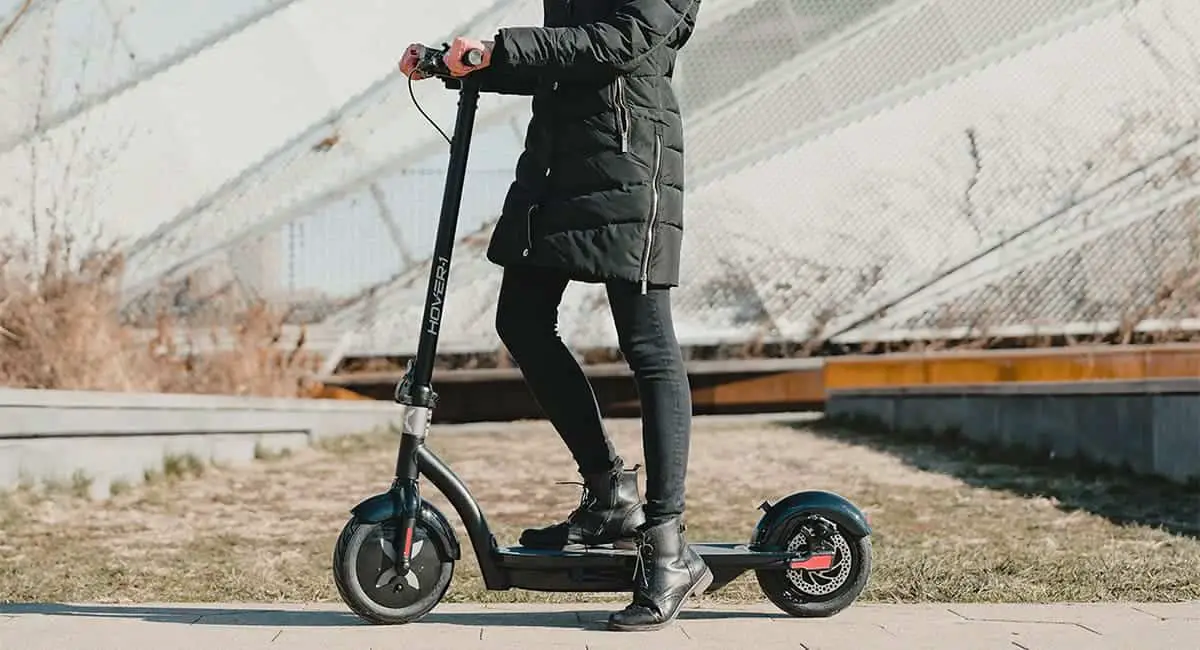I. Introduction to Electric Scooter Licensing

A. Understanding the Importance of Knowing License Requirements for Electric Scooters
Recognizing the Legal Implications and Responsibilities of Electric Scooter Usage Operating an electric scooter comes with legal implications and responsibilities. Understanding the license requirements ensures that riders are aware of their obligations and can enjoy the benefits of electric scooter usage within the confines of the law.
B. Unveiling the Key Factors and Considerations for Electric Scooter Licensing
- Exploring Licensing Requirements and Restrictions for Different Jurisdictions Different jurisdictions may have varying requirements and restrictions for electric scooter licensing. It is important to understand the specific regulations of the area in which the electric scooter will be operated to ensure compliance.
- Gaining Insights into the Legal Framework and Driving Qualifications Understanding the legal framework and driving qualifications for electric scooters helps riders navigate the licensing process effectively. This knowledge ensures that individuals have the necessary qualifications and meet the legal requirements to operate an electric scooter.
II. Local Regulations and Laws
A. Researching Local Laws and Regulations
- Understanding the Variations in Electric Scooter Regulations Across Jurisdictions Electric scooter regulations can vary significantly from one jurisdiction to another.
- Exploring Local Traffic Laws and Vehicle Classifications for Electric Scooters In addition to specific electric scooter regulations, it is important to be familiar with local traffic laws and how electric scooters are classified within the legal framework.
B. Examining Age Limitations and Restrictions
- Assessing the Minimum Age Requirements for Electric Scooter Operation Many jurisdictions have minimum age requirements for operating electric scooters. Understanding these age limitations ensures that individuals are aware of the legal age at which they can use an electric scooter.
- Understanding Any Restrictions or Special Provisions for Younger Riders Some jurisdictions may have restrictions or special provisions for younger riders, such as requiring supervision or additional safety equipment. Understanding these requirements helps ensure the safety and compliance of younger riders.
III. Licensing Requirements for Electric Scooters
A. Driver’s License Requirements

- Investigating Whether a Driver’s License is Needed for Electric Scooter Operation Some jurisdictions require a valid driver’s license to operate an electric scooter. It is important to determine if a driver’s license is a prerequisite for electric scooter operation in the specific jurisdiction.
- Understanding If a Specific Type of License is Required for Electric Scooters In some cases, a specific type of license, such as a motorcycle license or moped license, may be required to operate an electric scooter. Understanding the specific licensing requirements ensures that individuals have the appropriate qualifications to legally operate an electric scooter.
B. Specific Electric Scooter License or Permit
- Exploring the Existence of Specialized Licenses or Permits for Electric Scooters Certain jurisdictions may offer specialized licenses or permits specifically for electric scooters.
- Understanding the Application Process and Requirements for Obtaining a Scooter License If a specialized license or permit is required, it is important to understand the application process and the specific requirements that need to be met. This knowledge ensures a smooth and compliant licensing process for electric scooter operation.
IV. Insurance and Registration Considerations

A. Insurance Requirements for Electric Scooters
- Understanding If Insurance Coverage is Mandatory for Electric Scooters Insurance requirements for electric scooters vary by country and jurisdiction. It is important to research and understand the specific regulations regarding insurance coverage for electric scooters in your area. Some regions may require insurance coverage, while others may not have specific requirements.
- Exploring the Types of Insurance Policies Available for Electric Scooter Owners If insurance coverage is mandatory or desired, there may be different types of policies available for electric scooter owners. These can include liability insurance, which covers damages or injuries to third parties, and comprehensive insurance, which provides coverage for theft, vandalism, or damage to the scooter itself. Research and compare different insurance options to find the policy that best suits your needs.
B. Registration and Ownership Documentation
- Assessing Whether Electric Scooters Need to Be Registered with Local Authorities The registration requirements for electric scooters vary by jurisdiction. Some areas may require registration, while others may not. Check with the local authorities or transportation department to determine if registration is necessary for your specific location.
- Understanding the Documentations Required for Registering and Owning an Electric Scooter If registration is required, there may be specific documentation needed to complete the process. This can include proof of ownership, identification documents, and any other paperwork required by the local authorities. Familiarize yourself with the necessary documentation and ensure you have all the required paperwork to register and own an electric scooter legally.
V. Safety and Responsible Riding Practices
A. Adhering to Traffic Laws and Regulations
.jpg)
- Emphasizing the Importance of Following Traffic Laws and Rules of the Road Electric scooter riders should always adhere to traffic laws and regulations to ensure their safety and the safety of others. Obey speed limits, traffic signals, and signs, and ride in designated areas or bike lanes whenever possible. Following the rules of the road helps maintain order and prevents accidents.
- Understanding the Consequences of Violating Traffic Regulations on Electric Scooters Violating traffic regulations can have serious consequences, including fines, points on your driving record, or even legal repercussions. Additionally, disregarding traffic laws puts yourself and others at risk of accidents and injuries. It is essential to ride responsibly and respect traffic regulations.
B. Promoting Safety Measures and Protective Gear Usage
- Encouraging the Adoption of Safety Gear like Helmets, Reflective Clothing, etc. Wearing appropriate safety gear is essential for electric scooter riders. Encourage the use of helmets to protect against head injuries, reflective clothing to improve visibility, and knee and elbow pads to prevent scrapes and bruises in the event of a fall. Prioritizing safety gear can greatly reduce the risk of injuries.
- Understanding the Role of Responsible Riding Practices in Ensuring Personal Safety Responsible riding practices contribute to personal safety while using an electric scooter. Practicing responsible riding habits helps minimize the risk of accidents and promotes a safer riding environment for everyone.
Understanding the licensing requirements for electric scooters is essential to ensure compliance with local regulations and traffic laws. Stay informed, adhere to local regulations, and prioritize safety to have an enjoyable and legally compliant electric scooter experience.
